Dihydrocodeine Continus 90mg
From £180.00 Original price was: £180.00.£165.00Current price is: £165.00.
How it works
Dihydrocodeine, like other analgesic medicines to treat moderate pain, works by reducing signals from the body to the brain.
All analgesic opioids mimic pain-reducing compounds produced by the human body, also known as endorphins. Opiates work in similar ways by reducing the intensity of pain signals to the brain through specific receptors in the central nervous system.
Dihydrocodeine for toothache
Dihydrocodeine for toothache . tablets are effective clinical drugs for pain management.
this can be used to treat moderate to severe
pain from conditions such as sciatica and forms of arthritic
conditions that include osteoarthritis, rheumatoid arthritis and
arthritis of the lower back or spine and chronic neuropathic pain.
Dihydrocodeine can also be used to treat cancer pain,
pain following blood vessel disease and postoperative pain.
This medicine contains dihydrocodeine, colloidal silica,
magnesium stearate and microcrystalline cellulose.
this is a type of strong painkiller known as a synthetic opioid.
This treatment belongs to a group of medicinal drugs called
opioid analgesics. Each tablet contains 30mg
of the main active ingredient dihydrocodeine tartrate.
For further information on Dihydrocodeine, please see the patient information leaflet.
How it works
Dihydrocodeine, like other analgesic medicines to treat moderate pain,
works by reducing signals from the body to the brain.
All analgesic opioids mimic pain-reducing compounds produced
by the human body, also known as endorphins. Opiates work in
similar ways by reducing the intensity of pain signals to the
brain through specific receptors in the central nervous system.
Before you take it
Most healthy adults can take dihydrocodeine; tablets are
however not recommended for children under 12 years of age
without direct medical advice and supervision from a
healthcare professional. Dihydrocodeine is not to be taken by children under 4 years of age.
The contents of this medication also include lactose.
have an intolerance to medication containing lactose sugars.
such as paracetamol, co-codamol, aspirin or ibuprofen alone have not worked.
It is important to take this medicine with great caution.
If you’re using any other pain-relieving medication, even a
small dose for mild to moderate pain, to talk to your doctor before taking dihydrocodeine.
For your own health and safety it is important to note that if
you already suffer symptoms of an allergic reaction related
to dihydrocodeine or any other ingredient in this drug, you
do not use this treatment without first referring to your doctor or pharmacist.
dihydrocodeine if you have increased pressure in the head,
recently had a head injury, have epilepsy, liver damage,
kidney disease, renal impairment or high blood pressure.
Dihydrocodeine is unsuitable for some patients. You should
speak to your doctor or healthcare professional if any of the following apply to you:
| Quantity | 112 tablets, 168 tablets, 224 tablets, 280 tablets, 500 tablets wholesale price |
|---|
Be the first to review “Dihydrocodeine Continus 90mg” Cancel reply
Related products
Pain relief
Pain relief
Pain relief
Pain relief
Pain relief
Pain relief
Pain relief
Pain relief


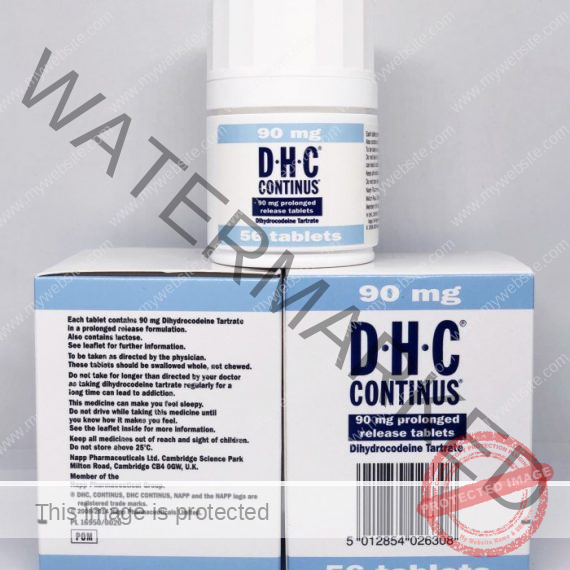
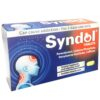
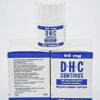

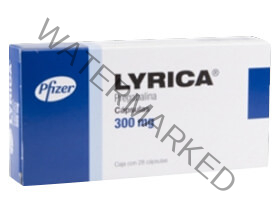

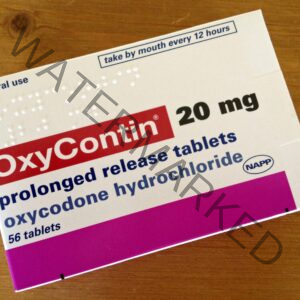
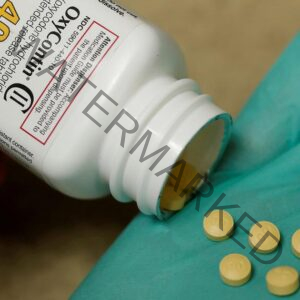

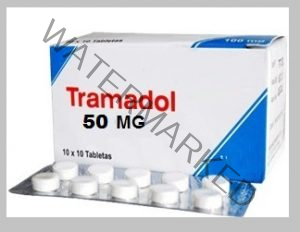


Reviews
There are no reviews yet.